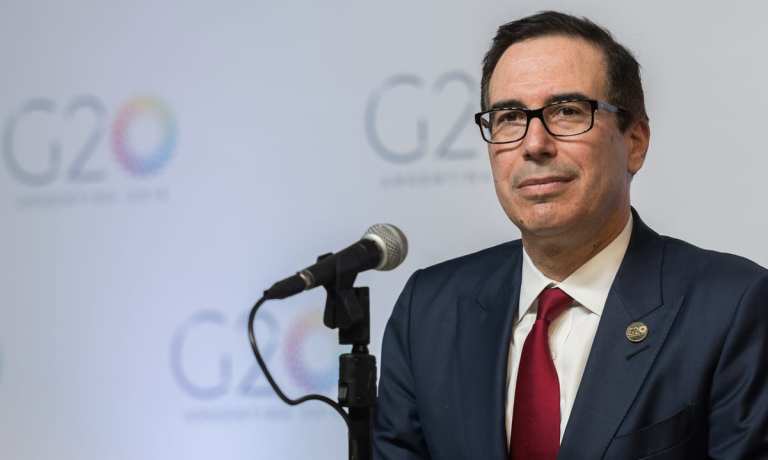Mnuchin Pledges More Stimulus Talks For SMB Relief

After coming under fire for ending key pandemic lending programs, Treasury Secretary Steven Mnuchin on Friday (Nov. 20) pledged to work with top GOP lawmakers and their Democratic counterparts on a new stimulus package.
Mnuchin said he planned to kick things off by huddling with Mark Meadows, the White House chief of staff – as well as Senate Majority Leader Mitch McConnell, R-Ky. and House Minority Leader Kevin McCarthy – to come up with ideas for a more targeted, and presumably smaller, proposal.
The flurry of activity by Mnuchin comes after the nation’s finance chief came under fire for moving ahead with plans to end several critical Federal Reserve lending programs aimed at helping small businesses amid the coronavirus pandemic.
The timing of the move stirred suspicions among Democrats who are concerned about a potential move to hobble the incoming Biden administration after it takes office in January.
Both Federal Reserve Chief Jerome Powell and Charles Evans, the Chicago Federal Reserve Bank president, have called out the move, saying the small business lending programs provided crucial support for a still-shaky economy.
But Mnuchin has continued to defend the move as being based on Congress’ intention for the small business lending programs to sunset on Dec. 31. In a letter to the Federal Reserve chief, Mnuchin argued that it should now be up to Congress to decide once again how to spend the money, which amounts to nearly a quarter of the money from last spring’s $2 trillion-plus CARES Act, or $455 billion.
Hoping to assuage anxiety among investors and business leaders, Mnuchin told CNBC that the small business lending programs could be reconstituted through the Treasury Department’s little-known Exchange Stabilization Fund (ESF). The $435 billion in small business lending capital would then be combined with hundreds of millions in the ESF to create a more than $800 billion pool to support small businesses.
“Markets should be very comfortable that we have plenty of capacity left,” Mnuchin told CNBC. “To the extent that these need to be reactivated, we have over $800 billion of capacity, so I consider that to be a pretty good bazooka.”